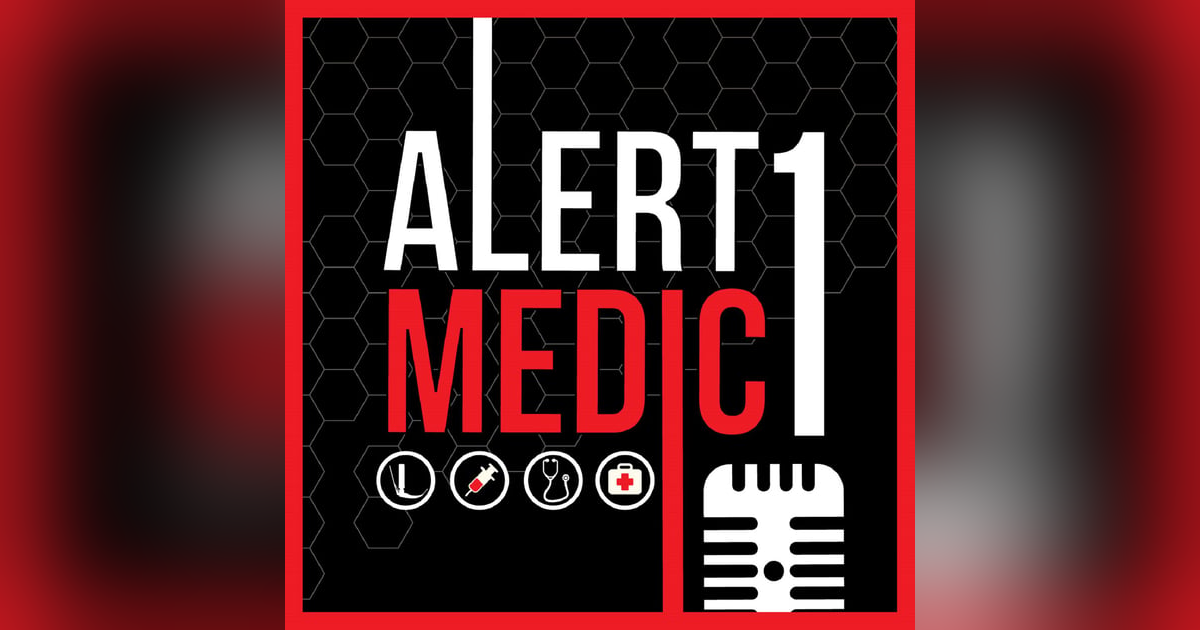Crisis Scenes & Medication Errors

Summary
In this episode, the hosts discuss a tragic case involving a paramedic who allegedly administered the wrong medication, leading to a patient's death. They explore the implications of medical errors, the importance of double-checking medications, and strategies for managing agitated patients. The conversation also delves into the legal ramifications of such errors and emphasizes the need for community engagement and effective communication in healthcare settings.
Takeaways
Feel for the patient and their family in tragic cases.
We are only one or two mistakes away from serious consequences.
Double-checking medications is crucial in high-stakes situations.
BLS principles should always be prioritized before ALS interventions.
Communication with patients and families can reduce the likelihood of lawsuits.
Self-reporting medical errors is essential for accountability.
Community engagement helps build trust in healthcare providers.
Understanding the pharmacodynamics of medications is vital for safe administration.
Legal implications of medical errors can be severe and complex.
Healthcare professionals must advocate for their patients' rights.
Chapters
00:00 Introduction to the Case
02:26 Understanding the Incident
05:23 Pharmacology of Rocuronium vs. Ketamine
10:34 Preventative Measures in Emergency Medicine
15:30 The Importance of Double-Checking Medications
20:30 Post-Medication Administration Protocols
25:24 Crisis Management and Legal Ramifications
38:34 Mental Health and Self-Assessment in EMS
40:24 Professionalism and Patient Autonomy
42:20 Collaboration Between EMS and Law Enforcement
44:01 Safety Protocols and Emergency Situations
46:59 Legal Implications of Medical Errors
51:35 The Role of Self-Reporting in Healthcare
55:16 Community Engagement and Trust in Healthcare
Keywords
paramedic, medical error, rocuronium, ketamine, patient safety, EMS, legal implications, community engagement, medication administration, healthcare communication